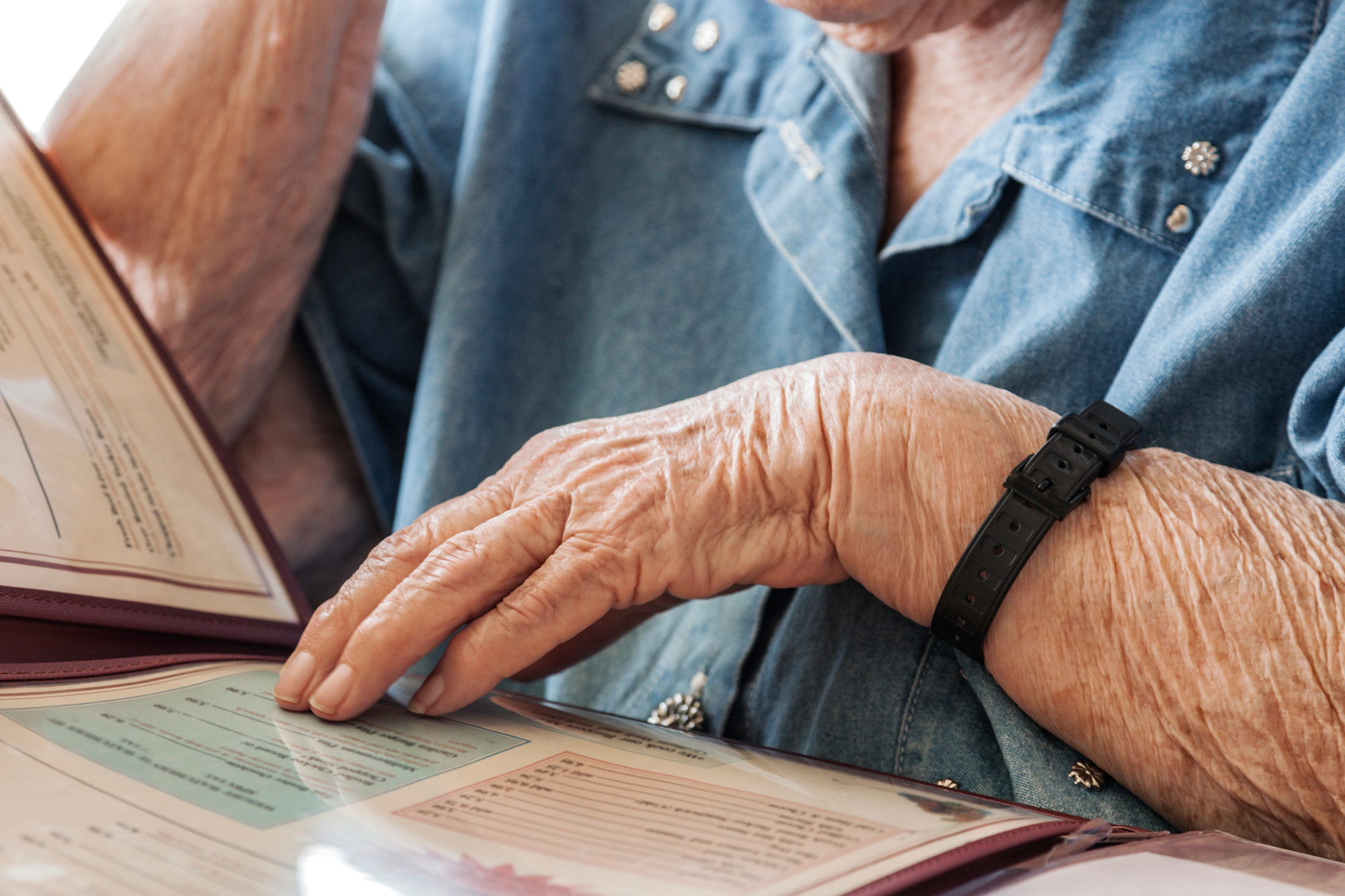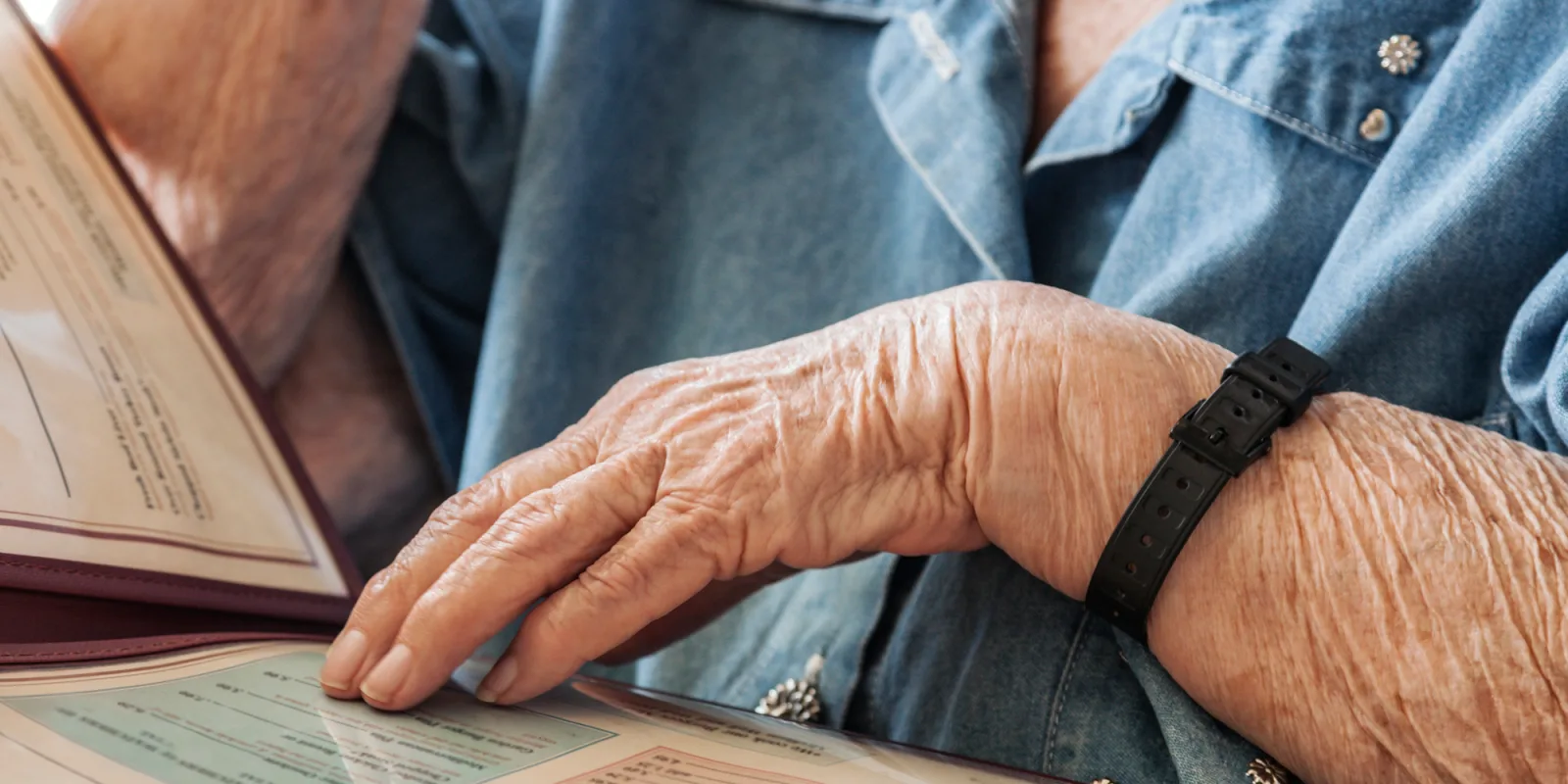
My 87-year-old neighbor and I go out to dinner once a week. Usually my neighbor has prime rib but today he was having a salad and no dessert. He told me that he had seen his doctor who had told him he needed to lose weight because his BMI was slightly elevated. Over the years, I've come to love this man and I know how much he enjoys his prime rib. I could tell he was truly worried.
He went on to tell me how his doctor had painted this dark picture of what his future would be like if he didn't take his advice. I blithely told him not to worry because he is a very healthy man and a little extra weight won't hurt.
He was actually surprised with my answer. Why would a health professional like myself tell him the opposite of what his doctor was saying and all the other sources for health information he read? I explained that I believed that most information about obesity is nonspecific about age, unfortunately. Based on my experience, an 87-year-old did not have to be concerned about weight as much as a younger person. But he challenged me; did I believe that just because he was 87, losing a little weight wouldn't do anything to maintain his health? I told him eating balanced meals and exercising, not weight loss, was the key to what he was looking for. He still seemed confused.
That night, I thought a lot about his question. Was it possible that medical science has adopted a bias about obesity that simply adds another, unnecessary issue to worry about for the elderly? Is the advice we give them, while well-intentioned, more harmful than helpful?
Most elderly accept that they are overweight but they don't seem worried about it. Should it be our role to change their attitude about their weight? And if it is our role, are we giving them appropriate direction on weight loss? Diets can be challenging and pills, especially in the elderly, can be dangerous. Will my neighbor really benefit from giving up the occasional prime rib or did his physician just take away one of the few things he really enjoys, eating?
I'm in my 70s so I have a lot of older friends. One lady I knew recently passed away at age 90. At 85, her physician told her to stop eating green vegetables and to stop using salt. Being a very social person, that meant she stopped going to the many social events that included dinner for fear of what she could eat. She ended up giving up her social life and staying at home. Even if her doctor's advice lengthened her life, how long did it lengthen her life and was it worth it?
But, should a clinician hold back from giving a patient medical information? Is it our role as clinicians to put a value to happiness? Maybe we need to ask ourselves some questions before passing on information that may be life-changing for an older person, with natural vulnerability and the desire to do all they can to stay healthy.
- Is the medical advice we give really based on science? Remember in grammar school making fun of the fat kids, even though we felt guilty about being so cruel, just to be one of the gang? Is it possible that our prejudice about obesity overshadows our ability to be objective?
- Is much of the advice we give to the elderly more appropriate for a 40-year-old than an 85-year-old?
- Do we give medical advice sometimes because it came out of a book, yet we have not seen it to be true in our own practices? Think about the last 10 of your patients who died. Was any of their deaths directly related to their weight?
As people are living longer (70 will probably become the new 40), obesity may become a much bigger issue. Is it possible that younger generations may think of older people as ill and useless simply because of the way they look? How will 70-year-olds perceive themselves? Will it be with disgust, self-loathing, and/or most importantly, fear?
We must examine our own biases about obesity, especially in the older generation. Clinicians need to be mindful in their advice and recommendations for weight loss to the older generations instead of using the body mass index and possible other emotional influences.
Matt Freitas is a family practice nurse practitioner for 30 years. He is nationally certified and was awarded Nurse Practitioner of the Year 2008, Calif. He is also a minority owner of Aspen Family Medical Group, Inc.







